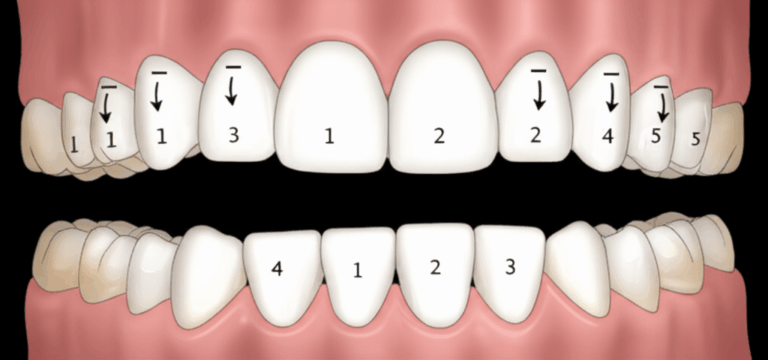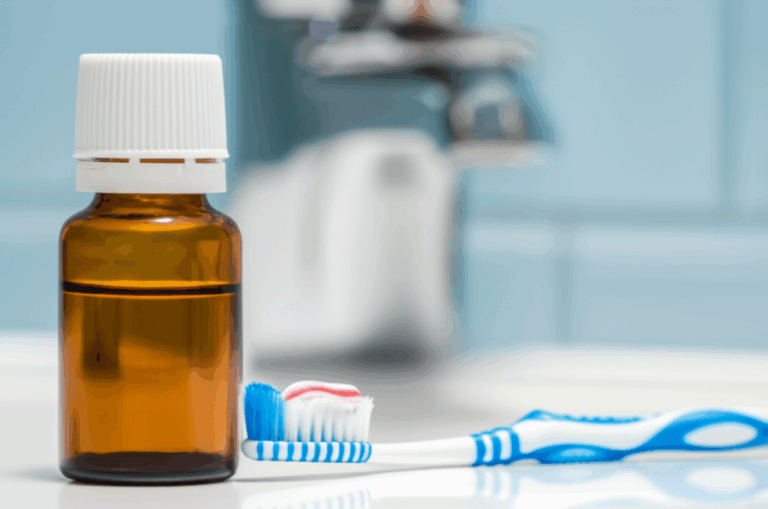
Can Dentists Prescribe Medication? Understanding Their Full Prescribing Authority
Ever wondered if your dentist can write you a prescription? This article answers your most important questions on what medications dentists can prescribe, why it matters for your oral health, and how to use these medicines safely. Read on for helpful tips and real examples from the dental chair!
Table of Contents
What Can Dentists Prescribe?
Let me tell you a story. One day, I woke up with a really bad toothache. My face was starting to swell, and I didn’t know what to do. My dentist said, “You have an infection. I’ll give you a prescription for antibiotics.” That’s when I found out: yes, dentists can give you medicine!
Dentists can give you different types of medicines that help with:
- Infections like abscesses or gum disease.
- Pain after dental work or if you get hurt.
- Swelling and puffiness.
- Worry or fear before you get dental work done.
- Mouth problems like cold sores, thrush, or ulcers.
Here’s a quick table of meds your dentist might use:
| Medication Type | Example Medicines | What They Treat |
|---|---|---|
| Antibiotics | Amoxicillin, Clindamycin, Metronidazole | Infections |
| Pain Relievers | Ibuprofen, Naproxen, Acetaminophen, Hydrocodone | Tooth pain, surgery pain |
| Anxiety pills/Sedatives | Diazepam, Triazolam | Dental worry, calming you down |
| Anti-inflammatories | Dexamethasone | Swelling, sore mouth |
| Antifungals/Antivirals | Nystatin, Acyclovir | Thrush, cold sores |
| Mouthwashes/Topicals | Chlorhexidine, strong fluoride | Sores, cleaning wounds |
Dentists give medicine for mouth, teeth, and gum problems.
Why Do Dentists Prescribe Medicine?
Imagine you’re about to get your wisdom teeth out. Sounds scary, huh? You might worry about the pain or getting a bad infection. That’s when your dentist can help by giving you the right medicine.
Dentists give medicines to:
- Stop germ infections before they get worse.
- Help with quick or strong pain.
- Bring down swelling after work on your mouth.
- Help you stay calm if you’re scared at the dentist.
- Treat mouth sores or yeast infections.
I used to get nervous before a root canal. My dentist said I could take something to help calm down. After I took it, the visit wasn’t near as bad. Dentists use their power to write scripts so you feel better—before, during, and after they work on your teeth.
Are There Rules for Dental Prescriptions?
Yes, there are strong rules to keep you safe. Dentists, just like doctors, have to follow the law when they give out meds. Here’s what those rules mean for you:
These rules help protect you from taking too much, getting the wrong med, or having bad reactions.
Does My Dentist Have Limits?
Dentists can’t write scripts for any medicine they want. Their power stops at your mouth and jaw. For example, they can’t give you medicine for high blood pressure, but they can help if it messes with your dental care.
Dentists have to follow these limits:
- Medicines must be for your teeth, mouth, or gums.
- No writing scripts for stuff like asthma or diabetes unless it affects your mouth.
- They should ask if you have allergies, are pregnant, or take other meds.
If I ever wasn’t sure, my dentist told me to ask, “Is this medicine for my mouth, or something else?” That made it easy.
Do Dentists Prescribe Antibiotics?
For sure! Dentists are often the first ones to spot mouth infections. If you have an abscess, bad gum disease, or swelling, antibiotics can stop the infection fast.
Some people with heart problems or new joints may need antibiotics before some dental visits to keep from getting really sick.
Common dental antibiotics:
- Amoxicillin
- Clindamycin
- Metronidazole
Dentists follow the latest antibiotic rules and only give these if you need them. Taking too many antibiotics can make them stop working as well, which nobody wants.
Can Dentists Prescribe Pain Relievers?
If you’ve had a tooth pulled or a root canal, you know mouth pain can mess up your day. Dentists can give you strong medicine—but just for a little while.
Most times, your dentist will give you:
- NSAIDs like ibuprofen or naproxen—these are good for tooth pain.
- Acetaminophen if you can’t have NSAIDs.
- Strong painkillers (hydrocodone, oxycodone) only if you really hurt, and only for a few days.
Dentists know that too many pain pills can be dangerous, so they only give you enough for a short time. Want to learn how labs help dentists? Check out this digital dental lab.
How Dentists Help With Dental Anxiety
If you get really nervous just thinking about the dentist, you’re not alone. My hands get sweaty too.
Dentists might give you anti-anxiety pills like diazepam or triazolam. Some even have laughing gas (nitrous oxide) or light medicine to chill you out.
These meds:
- Help nervous people get through tough dentist visits.
- Make it possible for folks with real dental fears to come in.
- Are given in small doses, right before your appointment.
Always tell your dentist about other meds you take, allergies, or health problems before you take relaxers.
Do Dentists Prescribe For Only Mouth Issues?
Easy answer: Yes, dentists work on teeth, gums, and jaws.
If you have a health problem that’s not in your mouth—like belly pain or high blood pressure—your dentist can’t write medicine for that. Their training and license only let them treat your mouth.
But sometimes mouth and body problems cross a line. For example:
- If you heal slow after oral surgery because of diabetes, your dentist might talk to your doctor.
- If your jaw hurts from stress or sleep problems, your dentist might ask you to see another doctor.
If your mouth problem turns into a bigger health thing, the best dentists will talk to your other doctors to help you.
Staying Safe With Prescribed Medicines
Let’s talk about staying safe—no pill is magic, right?
When your dentist writes a script:
- Tell them about: All other meds, vitamins, allergies, if you’re pregnant or nursing.
- Ask about: Why you need it, how much to take, when to take it, and what side effects to watch for.
- Store safely: Keep medicine away from kids and pets.
- Get rid of it safely: Don’t flush leftover pills. Ask your drugstore how to get rid of them the right way.
Read all the instructions your dentist or pharmacist gives you. Don’t ever share your medicine or guess the dose. Want to learn about the tech your dentist uses? Visit 3d dental lab.
When Do You Need a Doctor Instead?
Let’s say you go to the dentist for bleeding gums, and you also tell them you have chest pain and can’t breathe well. That’s not a mouth problem—you should see a doctor right now, not just the dentist.
See a doctor if:
- The problem isn’t with your mouth, teeth, or jaw.
- You need long-term care for problems like diabetes, asthma, or heart trouble.
- Your dentist thinks your tooth problem is a sign of something bigger.
Sometimes, dentists find serious stuff and send you to a doctor for more tests. That’s how good care should work!
Quick Questions: Dental Prescriptions FAQ
Q: Can my dentist give me a refill for antibiotics?
Usually, dentists only refill if they are still treating your mouth, and if it’s safe. Most antibiotics shouldn’t be used again and again.
Q: Can I get a dental prescription filled at any pharmacy?
You bet! If the prescription is real, any pharmacy can fill it.
Q: Are dental meds sometimes controlled drugs?
Yep, some are. Strong pain pills are tracked closely.
Q: Can dentists give medicine to kids and older people?
Yes, dentists can treat any age, just with extra care for the young and old.
Q: Is it safe to take dentist meds if I’m pregnant?
Always tell your dentist if you’re pregnant or feeding a baby. They’ll only give you something safe. You can read more about safe materials from a zirconia lab.
Key Takeaways
- Dentists can give you medicine for infections, pain, worry, swelling, and mouth sickness.
- They have to follow tough laws, use safe guidelines, and watch out for drug problems before giving out meds.
- Your dentist can only write scripts for dental and mouth stuff, not for other body problems.
- Tell your dentist about all your health stuff and meds before getting a prescription.
- Only pick up dental meds at real pharmacies and always follow the instructions.
Remember these tips next time you need dental work. Your dentist isn’t just someone who fixes teeth—they’re there to help with all sorts of mouth troubles.
Got dental questions or need help with your oral care? Don’t be shy—ask your local dentist! They’re there to help you!








